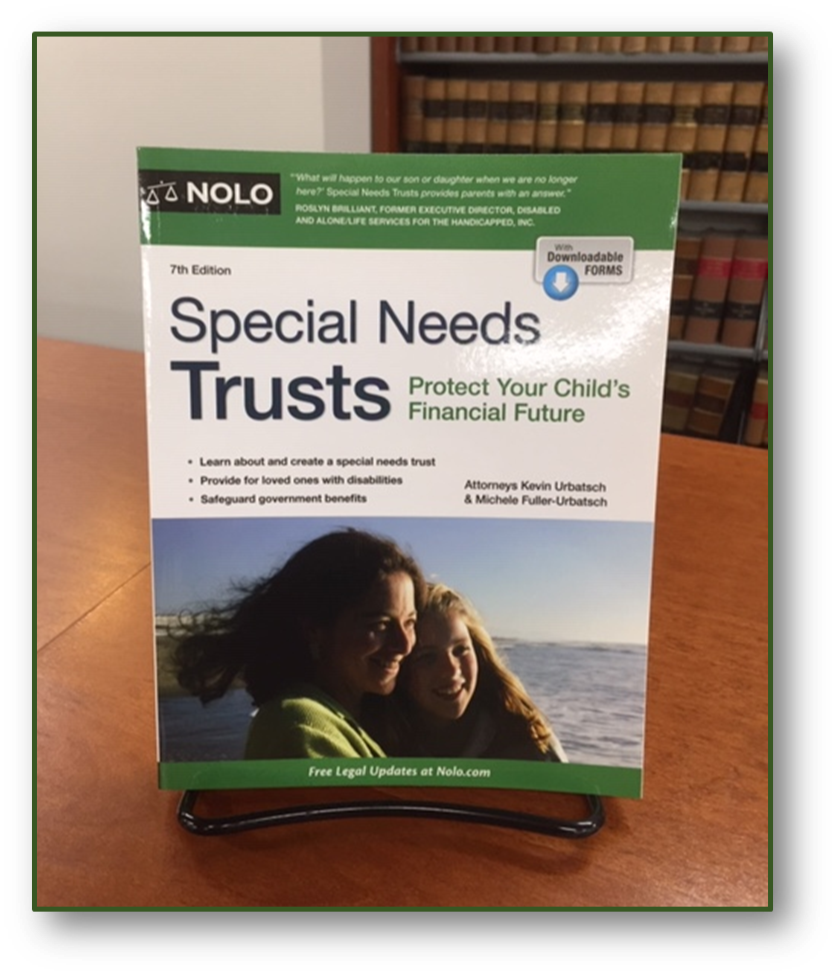The Legal Tech Institute at the Harris County Law Library has just released a new video CLE. Practical Cybersecurity for Lawyers is the latest addition to our Learning On-Demand CLE library, where you can earn CLE credit in Texas while staying up to date on legal tech. Visit the Law Library's Legal Tech Institute page for more on our legal tech learning opportunities.
2019 UNT Open Access Symposium: Is Open Access an Answer for Access to Justice?
This year’s topic for the University of North Texas Open Access Symposium was Is Open Access an Answer for Access to Justice? Held this past weekend at the UNT Dallas College of Law, the symposium drew speakers and attendees from a variety of backgrounds including academia, legal aid, law librarianship, and the judiciary. Joe Lawson, Deputy Director, and Heather Holmes, Assistant Law Librarian at the Harris County Law Library, were fortunate to be in attendance and also to appear as speakers on a panel called Engaging the Public.
For their contribution, Joe and Heather presented a program called Minding the Gaps, an exploration of the barriers to access that self represented litigants, especially those of low and modest means, encounter when interacting with the justice system. Joe and Heather also discussed the important role that trusted intermediaries, such as legal aid attorneys and public librarians, play in mitigating the impact of barriers to justice. Citing the work of others in the field who have written on the limitations of techno-optimism and over-reliance on digital resources, Joe and Heather presented a model for providing access — supplemented by support and guidance from trusted information professionals — to reliable, authoritative sources of legal information that pro se litigants can use to effectively engage with the courts and achieve just outcomes for their civil legal needs.
Concluding the two-day symposium was an interactive workshop called A2J By Design: Prototyping Innovative Legal Solutions with Open Legal Information. The workshop was conducted by Kelli Raker and Casandra Laskowski, librarians at Duke University School of Law. For the activity, two teams used design thinking principles to devise creative solutions for providing access to justice. Pictured here, Joe Lawson and his teammate, Jason Sowards, Law Librarian at the Nevada Supreme Court Law Library, explain their team’s project idea, an interactive kiosk for legal aid services at senior centers.
Examining Brown v. Board on its 65th anniversary
On May 17, 1954, the U.S. Supreme Court delivered its unanimous decision in Brown v. Board of Education, 347 U.S. 483 (1954), in which the Court declared the doctrine of “separate, but equal” to be “inherently unequal” when applied to public schools. In honor of the 65th anniversary of the landmark case, the Law Library has created an exhibit that brings the precedent front and center for all to experience through an immersive presentation.
Informative markers in our Federal section illustrate Brown’s beginning, interim, and eventual end as part of a commemorative experience located throughout the library.
Walking through informative markers placed at the relevant reporters provides visitors with a vivid, undeniable sense of the pace at which school desegregation cases wended their way through the courts. For example, while many people know Brown began in Kansas in 1951 (the first opinion can be found at 98 F.Supp. 797 (Kan. 1951)), fewer realize the final opinion wasn’t penned until 1999 (the final opinion can be found at 56 F.Supp.2d 1212 (Kan. 1999)).
Visit the law library today to explore this special exhibit in person!
Constitutional Law Resource Month
May is Constitutional Law Resource Month at the Harris County Law Library. We will feature items from our collection, including treatises, reference works, CLE course materials, form books, and other practitioner tools that may be useful in conducting constitutional law research .
Latest & Greatest – Special Needs Trusts: Protect Your Child’s Financial Future
Parents of children with special needs understand that their loved ones require not only special care but also special planning. In most, if not in all, cases, individuals with special needs receive benefits under governmental programs, such as Supplemental Security Income and Medicaid. However, unless arrangements are made, any funds the child will receive by way of inheritance will affect the provision of any governmental benefits. Special needs trusts (SNT) are a legal mechanism that permits the leaving of money to a loved one without jeopardizing the receipt of governmental benefits. If you are unfamiliar with SNTs or are unsure of how to establish one, have a look at Nolo’s Special Needs Trusts: Protect Your Child’s Financial Future. This book explains the nuts and bolts of how SNTs work and who can benefit from them. It also addresses how the trust funds can and cannot be used, how to create and draft the SNT, and how to and finalize and fund the trust. Of course, you also need to determine who will administer the trust and act as trustee. For this important topic, the authors use two chapters to explain how to choose a trustee and what the duties of that trustee will be. Other topics of interest include ABLE accounts, pooled trusts, and letters of intent.
If you or someone you know has a loved one with disabilities, be sure to read Nolo’s Special Needs Trusts: Protect Your Child’s Financial Future. It could allow you to rest easy knowing that your child or loved one will be provided for when you are no longer here. You can find it in the Law Library’s Self-Help Collection.
Also, the Law Library has developed a Special Needs Legal Resource Guide with a listing of self-help resources, in-depth legal research materials, and resources available from the Texas State Law Library, the government, and Houston Bar Association.










